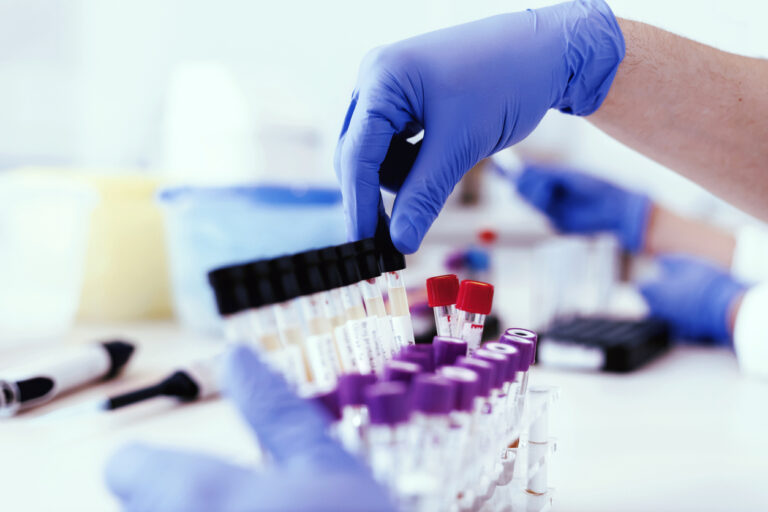Contrary to popular belief, chronic diseases do NOT run in families. If your grandmother had diabetes, and your father and cousin all have diabetes, you may think you could be at risk of contracting the disease just by virtue of coming from the same gene pool. This is not necessarily the case.
While there is a thing called genetic predisposition, which puts certain individuals at risk of contracting a particular condition due to a specific genetic variation they may have inherited from a parent, there is not a lot of evidence that this “predisposition” causes chronic diseases to develop in patients. Rather, these gene variations may aid the development of a disease, but they won’t cause it out right.
This is an important distinction, because it means that we are not doomed to deteriorate over time simply because we were born into a particular gene pool. Bermuda’s very own genetic superhero, Carika Weldon, explains the oft overstated connection between genetics and chronic diseases.
“On average it plays a small role. So, you’re looking at around, between 10 to 20 per cent of cases of diabetes, chronic kidney disease, cardiovascular disease, inherited cancers – it’s around that amount. But it does get a little more complex, because it does depend on your ethnicity or your race,” she said.
“Those who are of African descent we’re finding, for example for chronic kidney disease, that there actually does seem to be a bigger role played by genetics in getting it. It isn’t necessarily a straightforward answer but for the most part we kind of assume that it’s not a huge role.”
Much of the research on the connection between genetics and chronic diseases appears to be inconclusive, and it becomes even more tricky when you look at the people in your family who did not have diabetes, she added.
That’s the rub with the “predisposition” angle: that pesky genetic variable will result in some members of the gene pool contracting a certain disease, while others won’t ever exhibit a single symptom.
Discussing which diseases are the most genetically predisposed, Dr Weldon steers the conversation back to chronic kidney disease, which seems to be the one boasting the most evidence of a real “in the genes” modus operandi.
“It’s not going to be cut-and-dried when we talk about which diseases are most affected by genetics, but chronic kidney disease is getting a lot of attention when it comes to the genetic link – there are some genes that have been found, and are being explored.
“I would say the most complex out of the bunch is diabetes. There is a lot of work that is being done, but there’s not a clear cut – you have this gene, you’re going to get diabetes. Environment, and people’s behaviour plays a large role as well.
“Another thing I would say on this topic is: it’s all relative. Based on what we know now, this is where we’re at, but breakthroughs in science happen regularly, so this may not be where we’re at in ten years. Currently, I would say that’s it – chronic kidney disease shows evidence of a link; diabetes less so.”
Not only is research limited but it also needs to be more diverse, as the contemporary data cannot be applied to all ethnicities across the board, Dr Weldon said.
The geneticist is encouraged that much of the research is steering towards this topic though, and she’s excited about the opportunity for CariGenetics to be a prime player in the quest for answers to these genetic questions within the Caribbean genome. She urges us all to “watch this space”!

